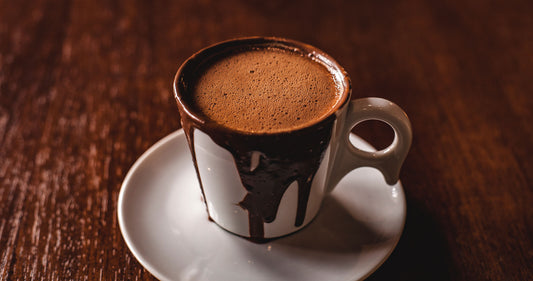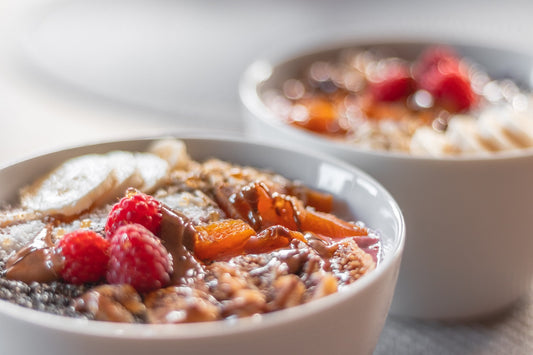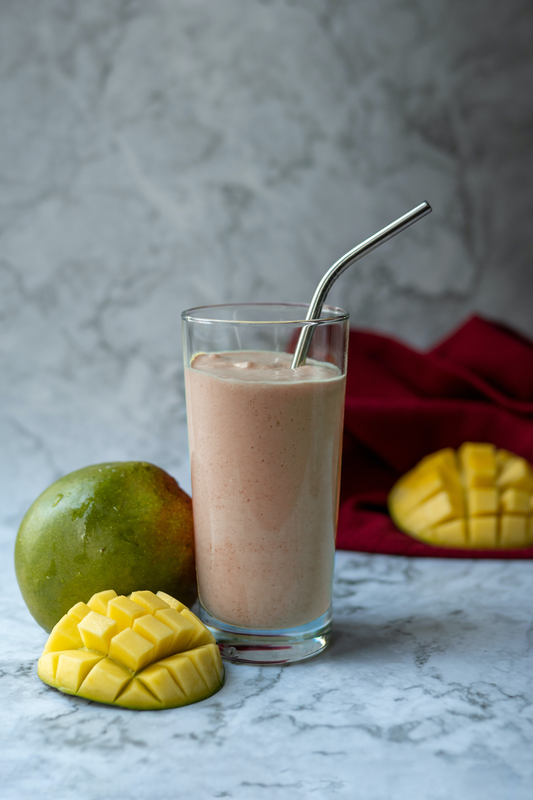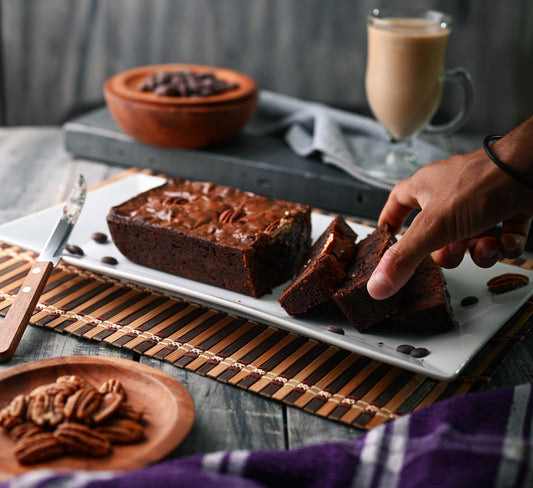They say the way to a person’s heart is through their stomach. Emerging research is beginning to show just how true that expression really is. The gut microbiome, a bustling community of trillions of microorganisms residing in our gastrointestinal tract, like bacteria, viruses, and fungi, holds the key to more than just digestion, namely heart health and preventing heart diseases.
Heart disease and inflammation
Heart disease, also known as cardiovascular disease, is the leading cause of death worldwide. In 2021, nearly 700,000 people in the US died from heart disease —accounting for 1 in every 5 deaths.1,2 From heart attacks to strokes, its manifestations are varied and often devastating. While conventional wisdom has focused on factors like diet, exercise, and genetics, emerging studies highlight the gut microbiome as a key player in cardiovascular health.
At the heart of this connection lies inflammation, a key driver of heart disease. Inflammation within the walls of blood vessels can lead to the buildup of plaque that narrows arteries and blocks blood flow. Remarkably, the composition of the gut microbiome influences systemic inflammation levels, exerting a profound impact on heart health.3
The gut and inflammation
A healthy gut microbiome is a diverse one, meaning it has several species of bacteria — each with its own unique functions. Certain beneficial bacteria, such as Bifidobacterium and Lactobacillus strains, produce short-chain fatty acids (SCFAs) by metabolizing dietary fiber. These SCFAs, particularly butyrate, serve as energy sources for the cells lining the colon and possess potent anti-inflammatory properties.4
Moreover, a balanced gut microbiome helps regulate the immune system by preventing excessive immune responses that can trigger inflammation. On the other hand, dysbiosis, or an imbalance in gut microbial communities, has been linked to increased systemic inflammation and a higher risk of heart disease.3, 5 Factors such as poor diet, antibiotics, stress, and sedentary lifestyles can disrupt this delicate balance, paving the way for heart complications.
Can a healthy gut help maintain cholesterol and blood pressure?
Interestingly, the gut microbiome also influences lipid metabolism, how our body regulates fats in the body, another critical aspect of heart health. Research indicates that certain gut bacteria play a role in the breakdown and absorption of dietary fats, impacting circulating cholesterol levels.6 High levels of LDL cholesterol, often referred to as "bad" cholesterol, contribute to arterial plaque and increase the risk of heart disease.7 By regulating fat metabolism, a healthy gut microbiome may help maintain optimal cholesterol levels and reduce the risk of heart disease.
But the relationship between gut health and heart disease doesn't end there. Emerging evidence suggests that the gut microbiome can also influence blood pressure regulation, a key determinant of cardiovascular health.8 In a scenario with a healthy and balanced gut, specific strains of bacteria can produce compounds, such as nitric oxide and certain peptides, that help relax blood vessels and improve blood circulation.8 However, when the gut is imbalanced or there are too many harmful bacteria, harmful compounds produced by the bacteria may contribute to hypertension and dysfunction of veins and arteries.
5 Ways to help heart and gut health
So, what can we do to support a healthy gut microbiome and protect against heart disease? First, avoiding unnecessary antibiotic use is a key step in maintaining the good gut microbes you already have. Then, we can focus on adopting lifestyle habits that nurture microbial diversity and promote gut health. Here are just a few to get you started.
-
Eat a Diverse, Plant-Based Diet
Incorporate a wide variety of fruits, vegetables, whole grains, legumes, nuts, and seeds into your daily meals. These foods are rich in fiber, which serves as fuel for beneficial gut bacteria. Aim to consume at least 25-30 grams of fiber per day to support a diverse microbiome and heart health. -
Include Fermented Foods
Add fermented foods like yogurt, kefir, kimchi, sauerkraut, and miso into your diet. These foods contain probiotics—live beneficial bacteria—that can help populate and diversify the gut microbiome. Regular consumption of fermented foods can contribute to better gut health and may reduce the risk of heart disease. -
Limit Processed Foods and Added Sugars
Minimize processed foods, sugary snacks, and sugary beverages in the diet. These items can disrupt the balance of gut bacteria and promote inflammation, which harms heart health. Instead, opt for whole, minimally processed foods and beverages to support a healthier gut and heart. -
Manage Stress Levels
Incorporate stress-reducing practices into your daily routine, such as meditation, deep breathing exercises, yoga, or spending time in nature. Chronic stress can negatively impact gut health by altering microbial composition and increasing inflammation, ultimately affecting cardiovascular function. Prioritizing stress management can support a healthier gut-heart axis.9 -
Exercise Regularly
Engage in regular physical activity to support both gut and heart health. Exercise has been shown to positively influence the composition of gut bacteria, promoting diversity and beneficial strains.10 Aim for at least 150 minutes of moderate-intensity aerobic exercise or 75 minutes of vigorous-intensity exercise per week, along with muscle-strengthening activities on two or more days per week.
By incorporating these five steps into your lifestyle, you can take proactive measures to support a healthy heart by nurturing gut health. Remember that small, consistent changes over time can yield significant benefits for your gut microbiome and cardiovascular well-being.
As the gut microbiome emerges as a pivotal player in the prevention of cardiovascular disease, offering new avenues for intervention and treatment. By nurturing a diverse and balanced microbial community within our gastrointestinal tract, we can mitigate inflammation, regulate lipid metabolism, and support healthy blood pressure levels. As our understanding of this intricate relationship continues to evolve, harnessing the power of the gut microbiome may prove to be a game-changer in the fight against cardiovascular disease. Let us embrace this newfound connection and pave the way for healthier hearts and vibrant lives.
References
- National Center for Health Statistics. Multiple Cause of Death 2018–2021 on CDC WONDER Database. Accessed February 2, 2023.
- Tsao CW, Aday AW, Almarzooq ZI, Beaton AZ, Bittencourt MS, Boehme AK, et al. Heart Disease and Stroke Statistics—2023 Update: A Report From the American Heart Association. Circulation. 2023;147:e93–e621.
- Al Bander, Zahraa et al. “The Gut Microbiota and Inflammation: An Overview.” International journal of environmental research and public health vol. 17,20 7618. 19 Oct. 2020, doi:10.3390/ijerph17207618
- Vinolo, Marco A R et al. “Regulation of inflammation by short chain fatty acids.” Nutrients vol. 3,10 (2011): 858-76. doi:10.3390/nu3100858
- Zheng, D., Liwinski, T. & Elinav, E. Interaction between microbiota and immunity in health and disease. Cell Res 30, 492–506 (2020). https://doi.org/10.1038/s41422-020-0332-7
- Kenny, Douglas J et al. “Cholesterol Metabolism by Uncultured Human Gut Bacteria Influences Host Cholesterol Level.” Cell host & microbe vol. 28,2 (2020): 245-257.e6. doi:10.1016/j.chom.2020.05.013
- Jung, Eujene et al. “Serum Cholesterol Levels and Risk of Cardiovascular Death: A Systematic Review and a Dose-Response Meta-Analysis of Prospective Cohort Studies.” International journal of environmental research and public health vol. 19,14 8272. 6 Jul. 2022, doi:10.3390/ijerph19148272
- Yang, Zhihua, Qingchun Wang, Yangxi Liu, Lin Wang, Zhao Ge, Zhenzhen Li, Shaoling Feng, and Chongming Wu. “Gut Microbiota and Hypertension: Association, Mechanisms and Treatment.” Clinical and Experimental Hypertension 45, no. 1 (2023). doi:10.1080/10641963.2023.2195135.
- Madison, Annelise, and Janice K Kiecolt-Glaser. “Stress, depression, diet, and the gut microbiota: human-bacteria interactions at the core of psychoneuroimmunology and nutrition.” Current opinion in behavioral sciences vol. 28 (2019): 105-110. doi:10.1016/j.cobeha.2019.01.01
- Boytar, Alexander N et al. “The Effect of Exercise Prescription on the Human Gut Microbiota and Comparison between Clinical and Apparently Healthy Populations: A Systematic Review.” Nutrients vol. 15,6 1534. 22 Mar. 2023, doi:10.3390/nu15061534







